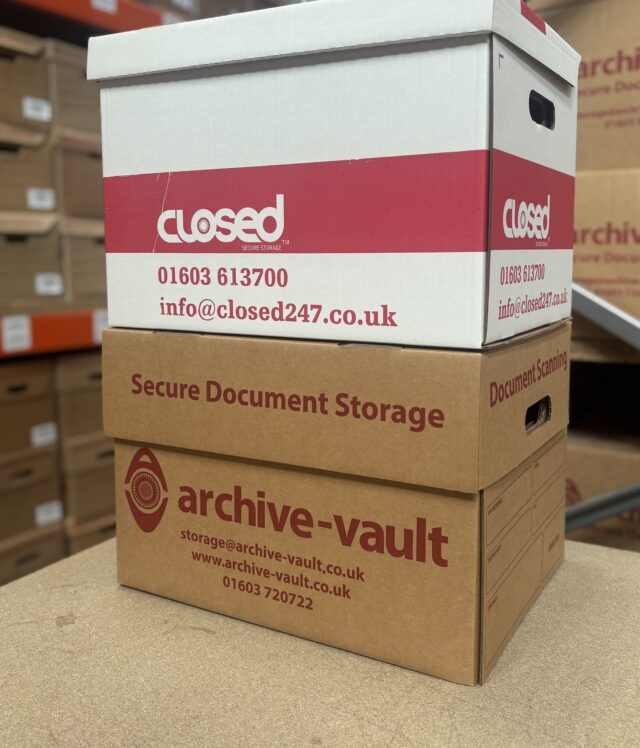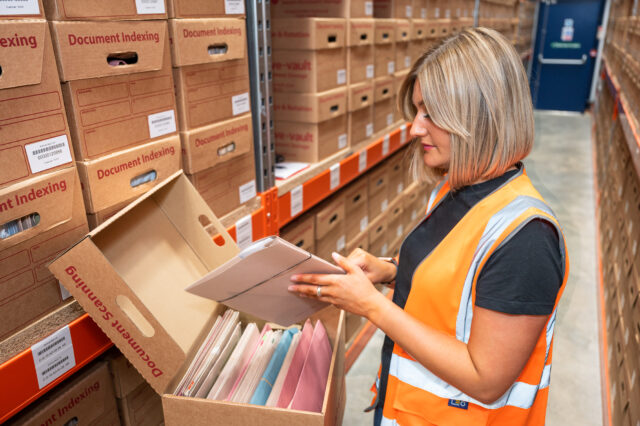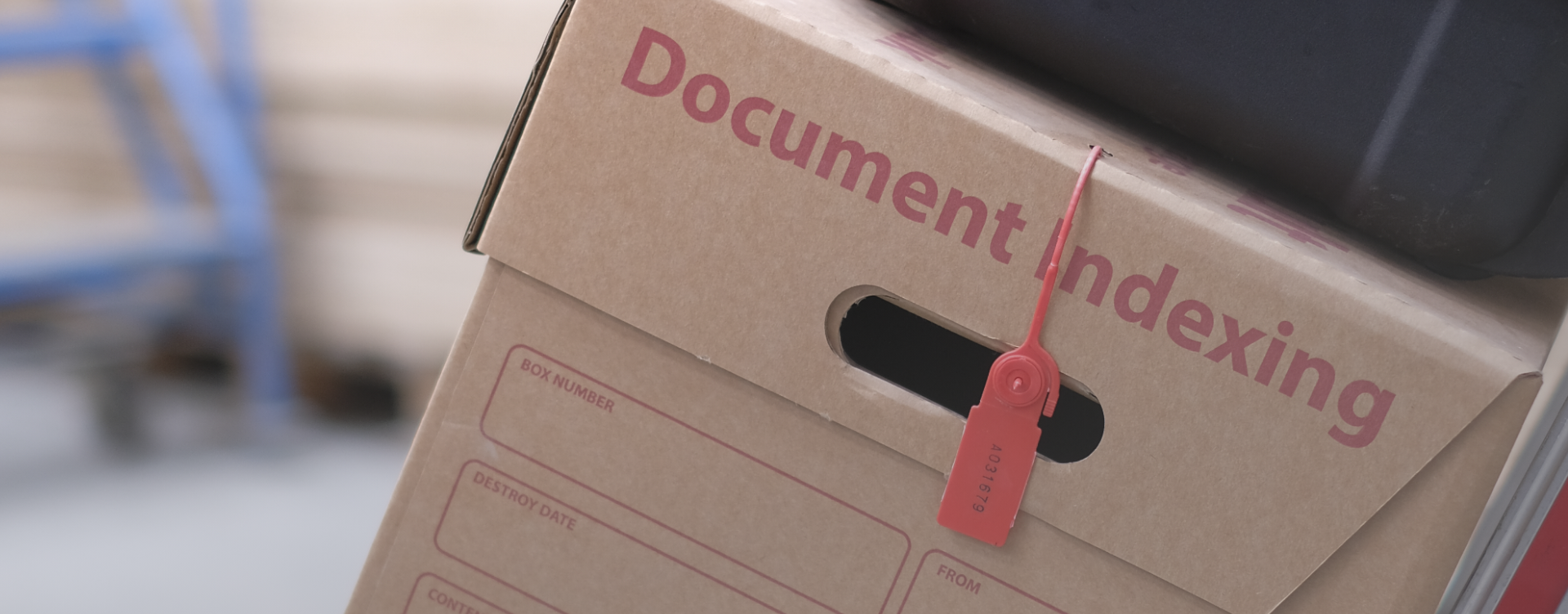Preserving historical documents has become a growing priority in the digital age, especially for small museums, local societies, parish councils and historical archives. Working with a professional document management company gives organisations the ability to keep their records safe while protecting the original materials.
Why you should take care with historical documents
Paper, especially from ageing documents, can deteriorate quickly when not stored correctly. Humidity, mould and pests can cause irreversible damage to one-of-a-kind historical records. Heat and light can also break down paper fibres and fade ink. Pages may stick together, become brittle or discolour over time. Even regular handling of these materials can result in further damage.
Beyond the physical risks, manual document storage often leads to records being stacked in misordered boxes or spread across multiple locations, making them difficult and time-consuming to find.
Many organisations handling items such as manuscripts, registers or newspaper clippings aim to share this material with the general public. However, the risks of displaying original hard copies are often too high. A well-organised digital archive allows researchers, historians and students to browse and explore these documents without compromising their condition.
How document management can make a difference
Record management companies offer a range of services that help protect and organise historical records. One of the first steps is often to assess the condition of the archive and recommend a storage plan that preserves the materials safely and securely.
This may include:
Handling and transport: Fragile books and documents require careful packing and transit to avoid further damage.
Secure storage: Monitored facilities are protected against damp, heat, pests and theft.
Indexing: Creating a digital inventory makes every record easy to locate and manage.
Scanning and digitisation: Documents can be scanned to create high-quality digital copies that can be shared, backed up and uploaded for wider access.
Retrieval and destruction services: Physical records can be securely requested, delivered or destroyed when no longer required.
Let’s look at the above in more detail and how Archive-Vault specialises in support for historical records.
Scanning your archive
Digitising historical records is one of the most effective ways to expand access while reducing wear on original materials. Once scanned, files can be securely stored electronically and accessed by authorised users. This is particularly useful for societies with members in different locations or researchers working remotely.
Using a digital inventory also makes files much more accessible. They can be browsed by title, date or category, making it easier to find what you are looking for.
Many archives choose to retain both the original and digital versions. This protects the physical item while offering a more convenient format for everyday use.
How document storage can help
Document storage keeps records safe, organised and accessible without compromising their condition. It begins with a secure intake process, where documents are carefully handled, labelled and added to an inventory system. Each item is tracked using barcodes or reference numbers, ensuring it can be found easily when needed.
At Archive-Vault, documents are stored in facilities with controlled temperature and humidity to prevent deterioration. Storage areas are also protected by restricted access, alarm systems and CCTV to ensure privacy and confidentiality.
Clients can request their documents at any time through our retrieval service. For historical archives that do not require frequent access, off-site storage provides reassurance that important records are protected and remain easy to access when needed.
The risks of doing it yourself
It may seem cheaper, but managing a historical archive in-house can introduce serious risks.
If you do not have a space that protects records from the elements, paper may suffer irreversible damage from damp, dust, humidity and pests. Self storage also tends to lack structure. Without proper indexing, documents can become disorganised. If a key person leaves the organisation, important context or access to knowledge can be lost.
Working with a professional record storage company removes these risks. It keeps documents out of harm’s way and ensures they are properly handled, stored and tracked.
Choose Archive-Vault for your records management
If your organisation has historical records that need protecting, or if you are looking to digitise and organise your archive, Archive-Vault offers a range of services to support your goals. Get in touch to find out how we can help you preserve the past and make it accessible for generations to come.











